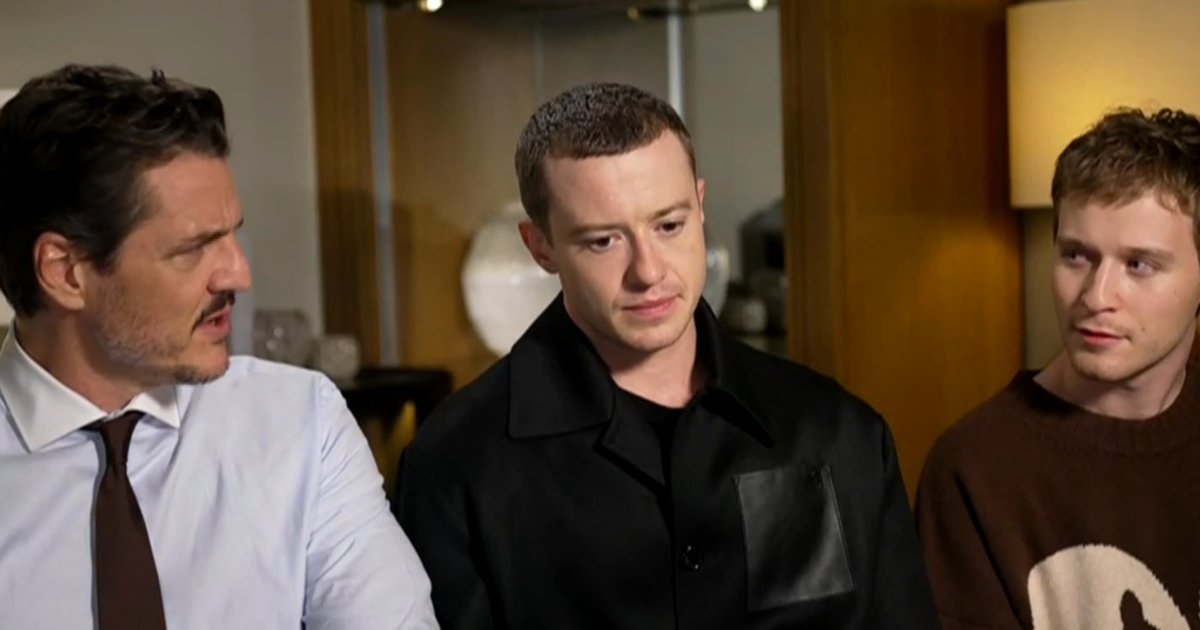Harvey Weinstein has turned himself in. What's next?
Harvey Weinstein turned himself in to New York police on Friday. He was charged with rape, criminal sex act, sex abuse and sexual misconduct for incidents involving two women, the NYPD said in a statement. Since last fall, more than 80 women have come forward to accuse the disgraced Hollywood mogul of sexual harassment, assault and rape. The allegations triggered the #MeToo movement, inspiring women around the world to publicly speak out about their mistreatment by powerful men.
Early Friday morning, more than 100 photographers, videographers and reporters crowded around the entrance to a downtown Manhattan police precinct to capture the first images of Weinstein as he arrived to face justice. The very public nature of his surrender, from using the main entrance to the timing, suggests prosecutors are trying to send a message.
"There was an agreement that had to be reached between Ben Brafman, Harvey Weinstein's attorney, and the prosecutors," CBS News legal analyst Rikki Klieman told "CBS This Morning." "The reality is that we know that the police and the government do want to make a public statement."
What happens next is largely procedural. He'll take a mug shot, be fingerprinted and go to court where his bail will be set. One of the big questions, however, is where he'll reside while waiting for trial.
Another question: why today? Allegations have been mounting against Weinstein since last October.
"Cy Vance, the DA in New York, is very precise about when, or he will not indict," Klieman said of the district attorney, who has faced criticism for not pursuing earlier allegations against Weinstein. "He believes that you have to have the adequate quality and quantity of proof. He eventually convened a grand jury. They have interviewed dozens if not hundreds of witnesses. They have gotten lots and lots of documents and they were not going to go forward with any of these cases, no matter how the rest of us may have felt, until they felt they were ready and they are ready now."
CBS News contributor Jodi Kantor is one of the New York Times reporters who broke the Weinstein story, along with the New Yorker's Ronan Farrow. In addition to the allegations of numerous women, she's also reported on the powerful relationships across industries the movie producer used to help keep his accusers quiet.
"That's gone now. He's very isolated. His lawyer says he's very lonely and frustrated. Now, could he still use means to say, settle out charges privately with women to evade further accountability. Yes, that is still possible. But we should also say that this investigatory grand jury is still working. So we don't know if this is even the last set of charges in New York City," Kantor said.
Weinstein is also under investigation by police in Los Angeles and the U.K. His attorney told CBS News he'll release a statement after Friday's hearing.



